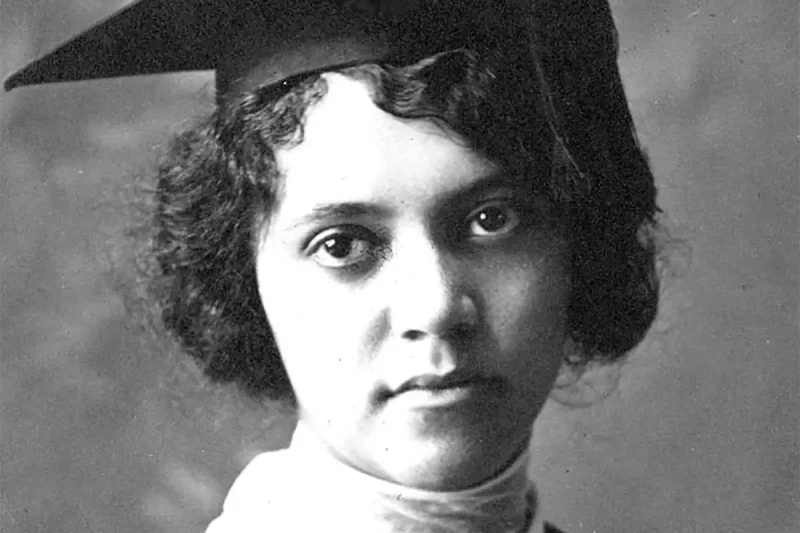Short Summary
Enrico Fermi was an Italian-American physicist renowned for his pivotal contributions to nuclear physics and quantum theory. He is best known for developing the first nuclear reactor and his work on the Manhattan Project, which led to the creation of the atomic bomb. Fermi's achievements earned him the Nobel Prize in Physics in 1938 and solidified his reputation as a key figure in the advancement of modern physics.
Early Life & Education
Born on September 29, 1901, in Rome, Italy, Enrico Fermi was the youngest of three children. His father, Alberto Fermi, was a chief inspector in the Ministry of Railways, while his mother, Ida de Gattis, was a schoolteacher. Fermi displayed an early interest in mathematics and physics, which was nurtured through his schooling. He attended the University of Pisa on a scholarship, where he studied under Luigi Puccianti and graduated in 1922. His education was further enriched by the works of noted physicists such as Albert Einstein and Paul Dirac, inspiring him to pursue a career in theoretical physics.
Career Highlights
Fermi's career was marked by groundbreaking work in both theoretical and experimental physics. After earning his doctorate, he became a professor at the University of Rome, where he developed the statistical Fermi-Dirac distribution. In 1938, Fermi emigrated to the United States to escape the Fascist regime's racial laws. He joined Columbia University and later the University of Chicago, where he led the construction of the first nuclear reactor, Chicago Pile-1. During World War II, he was a key contributor to the Manhattan Project, which led to the development of the first atomic bombs.
Major Achievements
- Developed the first nuclear reactor, Chicago Pile-1, marking the advent of nuclear energy.
- Contributed significantly to the Manhattan Project, aiding in the development of atomic bombs during World War II.
- Received the Nobel Prize in Physics in 1938 for his demonstration of the existence of new radioactive elements produced by neutron irradiation.
- Formulated the Fermi-Dirac statistics, which describes the distribution of particles over energy states in quantum systems.
Famous Quotes
- "There are two possible outcomes: if the result confirms the hypothesis, then you've made a measurement. If the result is contrary to the hypothesis, then you've made a discovery."
- "Ignorance is never better than knowledge."
Interesting Facts
- Fermi was known for his ability to make accurate estimates and calculations with minimal data, a skill dubbed the "Fermi method."
- He was one of the few physicists who excelled in both theoretical and experimental physics.
- Fermi's name is commemorated in the element Fermium, atomic number 100.
- The Fermi Paradox, named after him, addresses the contradiction between the high probability of extraterrestrial life and the lack of evidence.
Legacy / Influence
Fermi's pioneering work in nuclear physics laid the foundation for the development of nuclear energy and weapons, profoundly impacting both science and global politics. His contributions to quantum statistics and particle physics continue to influence theoretical and experimental research. The Fermi National Accelerator Laboratory, one of the world's leading particle physics labs, is named in his honor, underscoring his enduring influence on the field.
FAQ
Q: Why is Enrico Fermi famous?
A: He is famous for developing the first nuclear reactor and his contributions to the Manhattan Project.
Q: What did Fermi win the Nobel Prize for?
A: He won it for his work on neutron irradiation and the discovery of new radioactive elements.
Q: What is the Fermi Paradox?
A: It is the apparent contradiction between the high probability of extraterrestrial life and the lack of evidence for it.
Q: Where was Fermi born?
A: He was born in Rome, Italy, on September 29, 1901.













